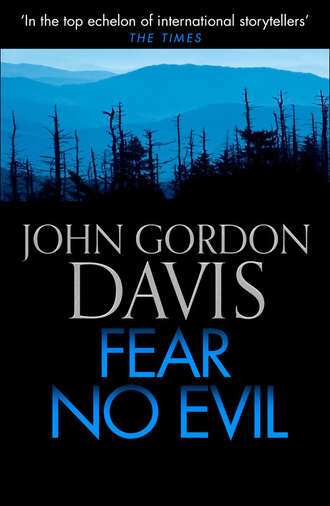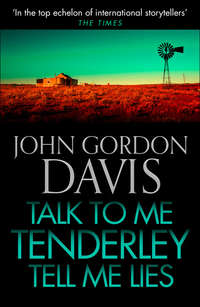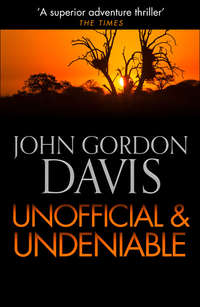Fear No Evil

Полная версия
Fear No Evil
Жанр: приключениядетективызарубежные приключениятриллерысовременная зарубежная литературакниги о приключениях
Язык: Английский
Год издания: 2018
Добавлена:
Настройки чтения
Размер шрифта
Высота строк
Поля
Конец ознакомительного фрагмента
Купить и скачать всю книгу






